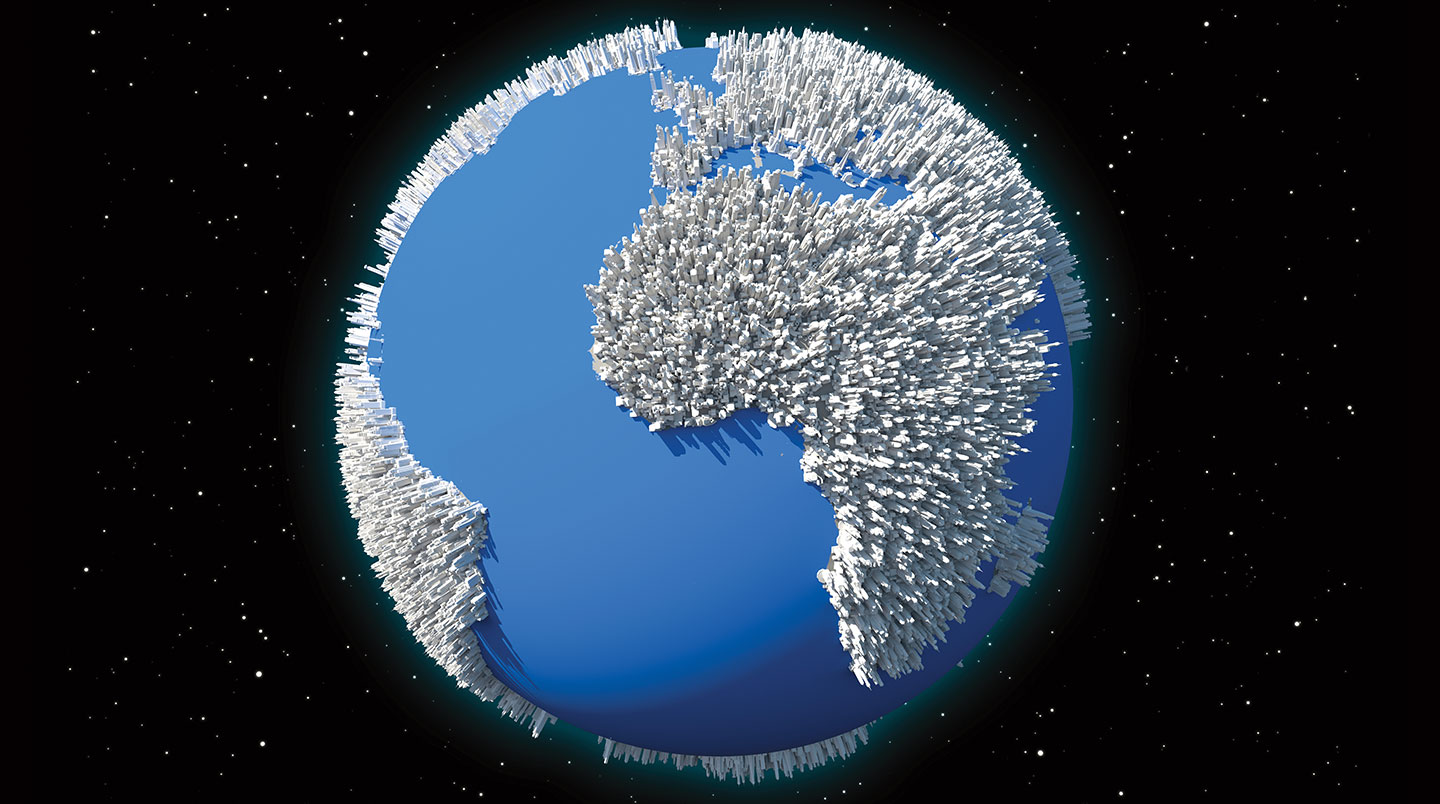There are 7.8 billion people on Earth right now—more than ever before. In fact, the population is three times the size it was just 70 years ago.
That record growth may be coming to an end, however. United Nations (U.N.) experts say that by the year 2100, the global population will reach 10.9 billion and then stop increasing for the first time in modern history.
These projections are based on two main factors: death and birth rates. The number of deaths that occur globally each year has remained relatively stable in recent decades because of advances in health care, experts say.
But the number of births is another story. In 1950, the average woman had five babies in her lifetime. Today, she has about 2.5 babies. By 2100, demographers say, she will have 1.9—too few to keep the world population growing.
“Couples have gone from having lots of children . . . to a smaller number that they invest a lot more in,” says David Lam, a population expert at the University of Michigan.

